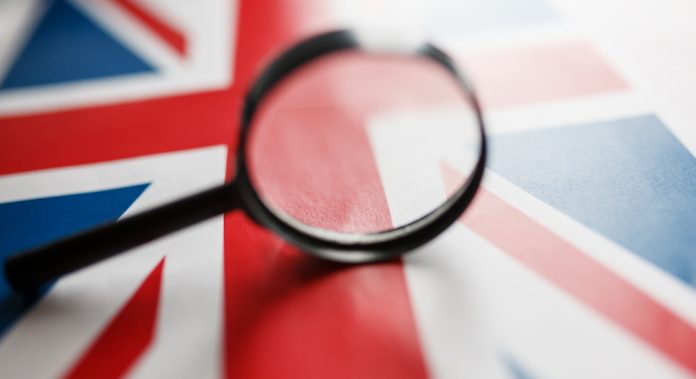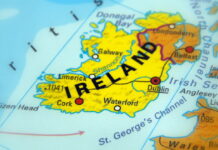GambleAware has published findings from a study that analyses how people from marginalised communities engage with gambling, suggesting they may be more likely to use gambling as a coping mechanism.
Conducted by The National Centre for Social Research, the analysis uses research from 138 previous studies to explore how socially excluded groups in the UK are impacted by gambling.
The research looked into several groups, including people who experience or are at risk of homelessness, older people, people living with disabilities, neurodiversity or mental health challenges, criminalised communities and migrants in vulnerable circumstances, such as asylum seekers.
“There needs to be more engagement with these communities to build awareness around the risks of gambling harm”
Zoë Osmond, Chief Executive at GambleAware
The findings identified a common thread across all of the studied groups, suggesting that they often use gambling to cope with other difficulties in life that are driven by social exclusion or discrimination.
Examples of these other difficulties include loneliness, mental health challenges, stress related to the process of migration and assimilating into a new culture, unemployment, challenges relating to job security, working conditions and poverty.
Zoë Osmond, Chief Executive at GambleAware, said: “Our new report shows how people from marginalised communities, who are already dealing with many different issues in their lives, struggle with gambling harms.
“There needs to be more engagement with these communities to build awareness around the risks of gambling harm, and service providers need to ensure they can appropriately meet the needs of people in different circumstances.
“This is why we launched our Improving Outcomes Fund, to support organisations which are running programmes to help people from different communities.”
One aspect of the research highlighted the disproportionate concentration of gambling venues in more deprived areas across the UK.
According to the findings, people from marginalised, isolated or criminalised communities are more likely to live in these areas due to socioeconomic disenfranchisement, and are therefore more likely to come across gambling venues in daily life.
Stigma was also seen as an underlying factor that contributed to the various groups’ gambling activity, and whether they would be likely to reach out for support and treatment in response to gambling harm.
Underlining the importance of GambleAware’s own campaign to reduce stigma around problem gambling, marginalised communities already face stigma related to drug use, homelessness or mental health issues that intersect both with one another and with stigma from gambling harms.
Natalie, a person with lived experience of gambling harm and homelessness, stated: “To break free from gambling harm you need to have a safe place to live. If you don’t have shelter it makes trying to recover so much harder and it can be difficult to access support without a permanent address.
“We need improved ease of access for accommodation and support, and to ensure sufficient housing options are available for people experiencing disadvantage from addiction.”
As a result of the research, the report recommends that gambling treatment services need to be accessible for people with different needs to meet the intricacies of marginalised groups and ‘break down barriers for them to access support’.
Dr Sokratis Dinos, from NatCen’s Centre for Gambling Research, added: “We were pleased to carry out this study for GambleAware. The report is a collection of findings and analysis of six scoping reviews, which were conducted to critically appraise existing evidence on gambling harms among communities in Great Britain who are subject to disproportionate marginalisation, social exclusion or subject to criminalisation.
“The results show how vulnerability to gambling harms for some people in these communities will be driven by compounding inequalities, stigma, exclusion, and discrimination.”
Additionally, a call for more studies into gambling’s links to marginalised groups has been made following the research as there is currently ‘a lack of current evidence and understanding of their needs and the harm they experience’.
GambleAware has initiated several campaigns to tackle issues of gambling within marginalised groups in the past, having launched a £4m funding programme to improve outcomes for women and minority communities affected by gambling harm.









